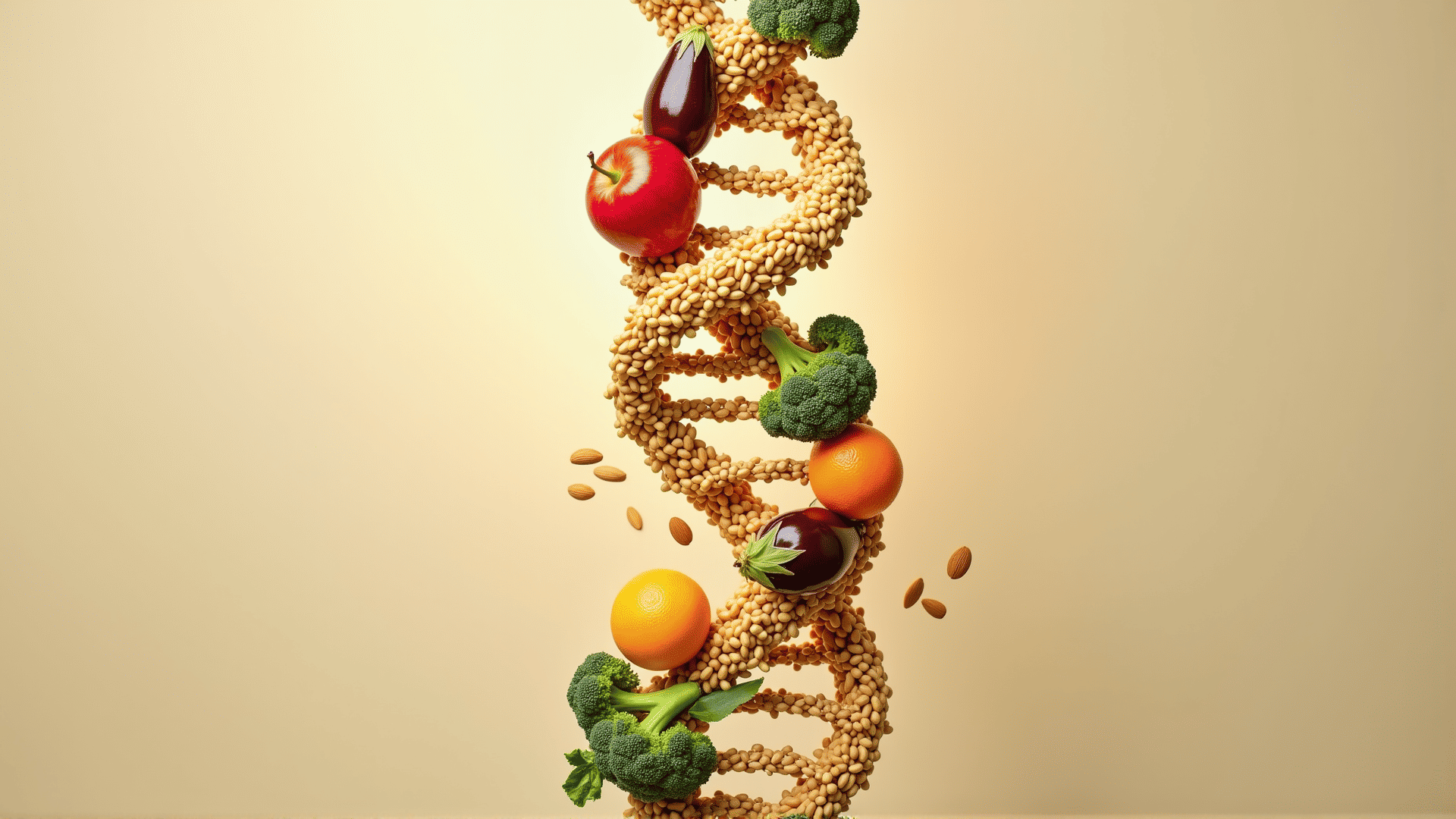In recent years, the intersection of genetics and nutrition has paved the way for a transformative approach to health: nutrigenomics. This burgeoning field explores the intricate relationship between our genes and the nutrients we consume. By understanding how our genetic blueprint interacts with dietary elements, we can craft highly personalized nutrition plans tailored to optimize health and lifestyle.
The premise of nutrigenomics is rooted in the acknowledgment that no two individuals are exactly alike—not in terms of genetics, and consequently, not in terms of dietary needs. While traditional nutrition advice often applies a one-size-fits-all approach, nutrigenomics offers a more nuanced perspective. It recognizes that food interacts with genes in ways that can influence how nutrients are metabolized and utilized by our bodies.
At the heart of this personalization is the nutrigenomics report, a comprehensive analysis derived from a person's unique DNA. By examining specific gene variants, this report can offer insights into an individual's metabolic tendencies, potential nutrient deficiencies, and susceptibilities to certain diet-related health conditions.
For example, some people may have a genetic predisposition to lactose intolerance or an increased sensitivity to caffeine, while others might process carbohydrates or fats differently. These insights enable the creation of a diet plan that aligns more closely with one's genetic predispositions, enhancing both physical health and overall well-being.
Beyond metabolic pathways, nutrigenomics also delves into how nutrition affects gene expression—a process known as epigenetics. This aspect of the field considers how certain foods can influence the activity of genes without altering the underlying DNA sequence. By incorporating foods that promote beneficial gene expression while avoiding those that may trigger adverse effects, individuals can potentially mitigate risks associated with chronic diseases like diabetes, heart disease, and obesity.
Embracing a nutrigenomics-based diet involves gathering a simple DNA sample, typically via a saliva swab, which is then analyzed in a lab. The resulting report provides actionable recommendations that go beyond standard dietary guidelines. These recommendations may include calorie intake adjustments, optimal macronutrient ratios, and specific food choices to support better health outcomes.
The benefits of a personalized diet extend beyond physical health. By aligning dietary choices with genetic predispositions, individuals often experience increased energy, improved mood, and a heightened sense of well-being. Additionally, personalized dietary plans can support fitness goals, whether for weight loss, muscle gain, or enhanced athletic performance, by tailoring nutrient intake to suit one's unique hormonal and metabolic profile.
However, the journey into nutrigenomics is not entirely devoid of challenges. The science is still evolving, and while it shows great promise, it requires careful interpretation by professionals experienced in both genetics and nutrition. Moreover, ethical considerations around genetic data privacy remain paramount, necessitating stringent measures to protect sensitive personal information.
In summary, nutrigenomics represents a leap forward in our ability to understand and optimize human health through personalized nutrition. By decoding the complex interactions between diet and genes, it offers the potential to transform our approach to eating—not as a means of simple sustenance, but as a tailored strategy for achieving peak health and longevity. As more individuals seek to harness the power of their genetic information, the field of nutrigenomics is poised to shape the future of dietary science and personalized health care.
